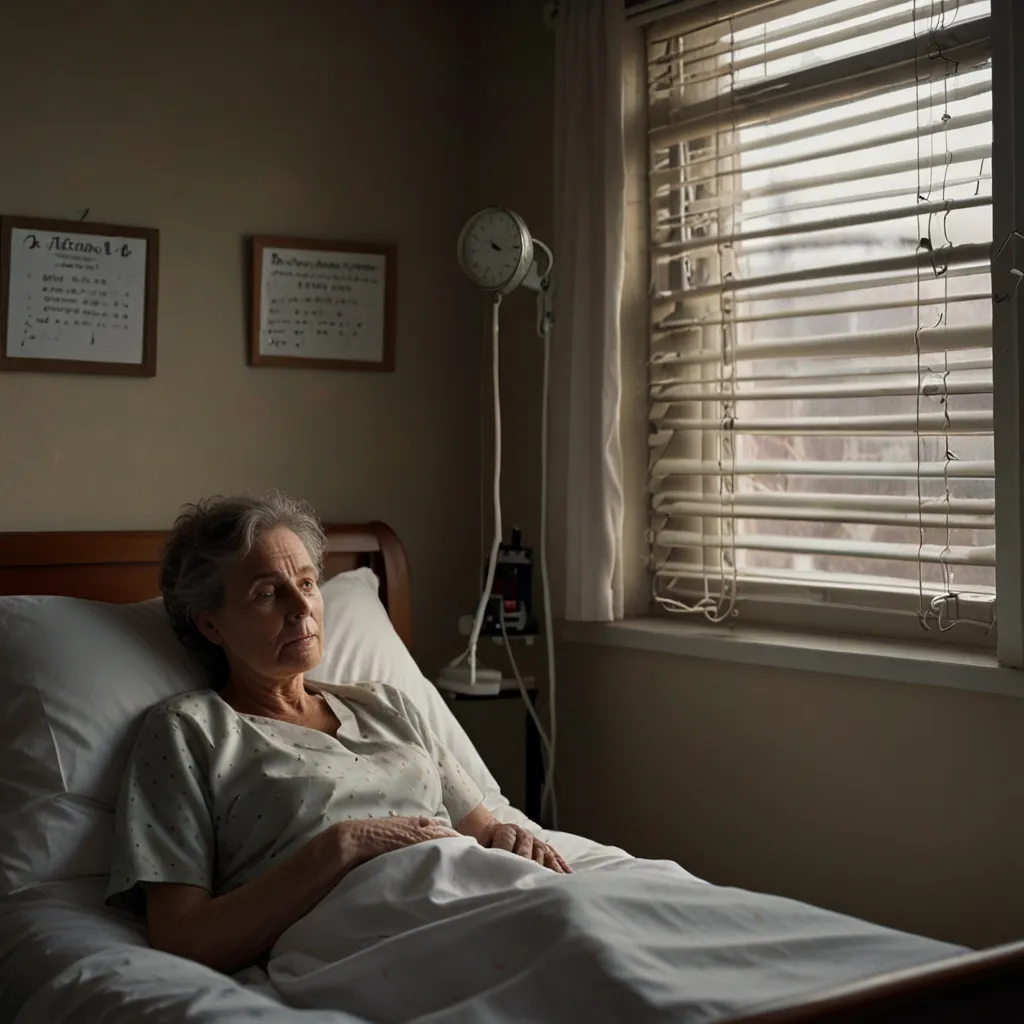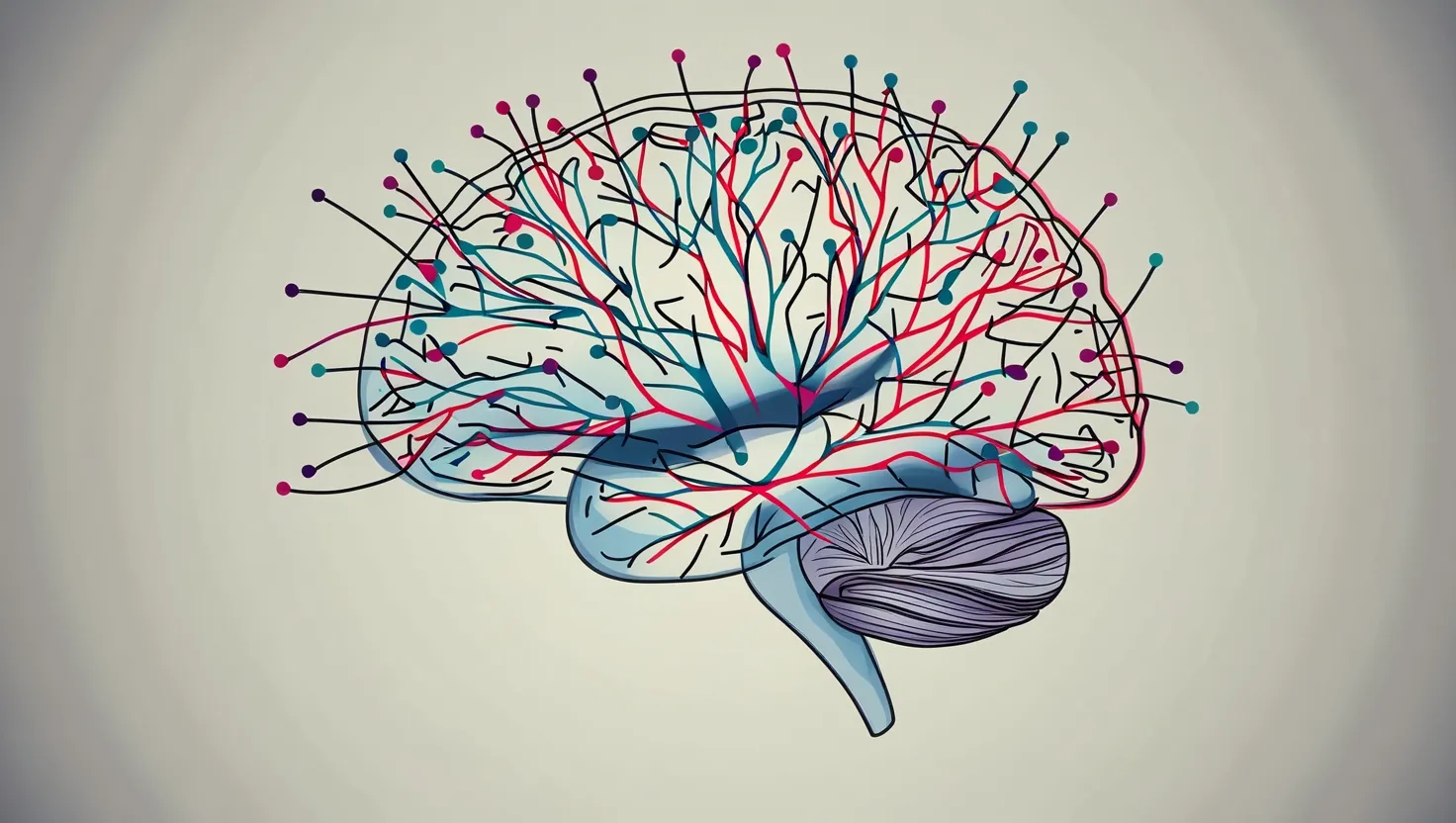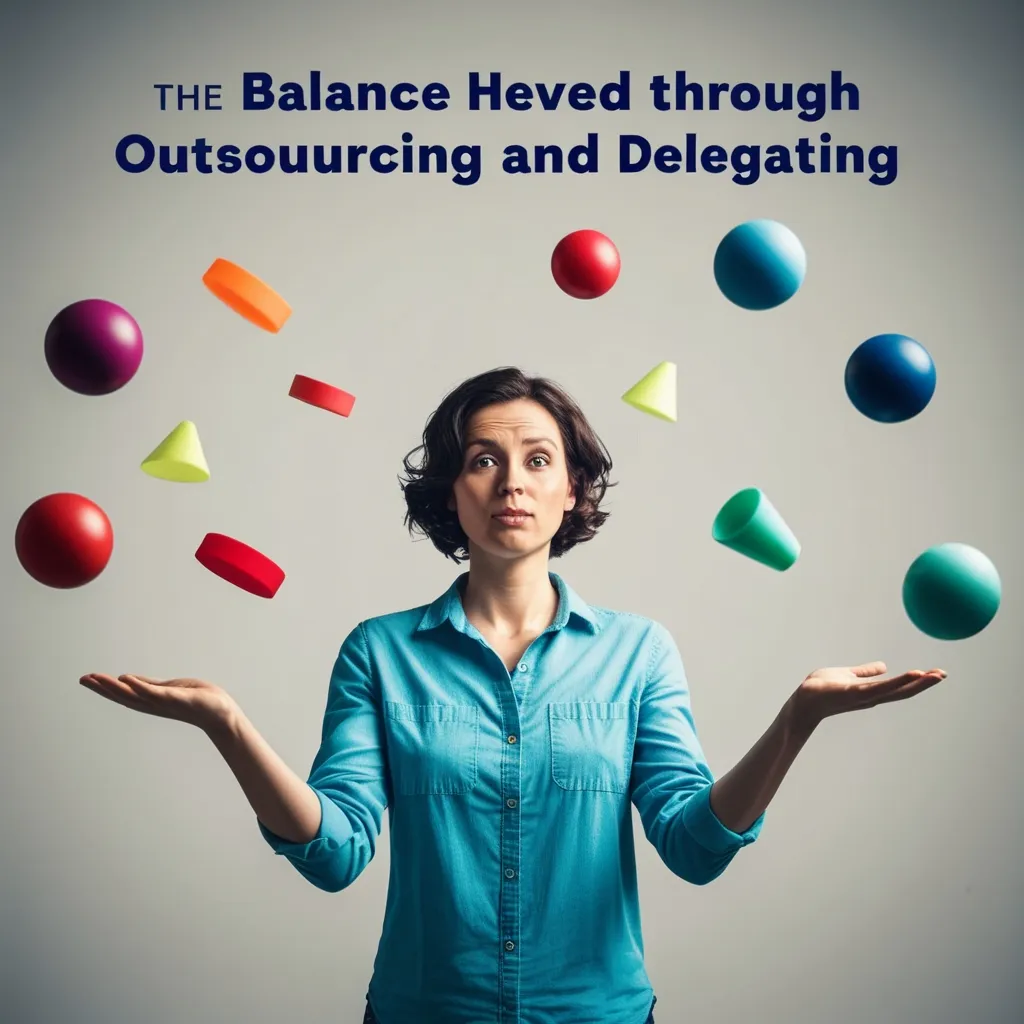As the golden rays of a New Year cast their glow over old debates, one topic forever shrouded in ethical conundrums remains euthanasia. It’s like standing at the crossroads of compassion and legality, looking in different directions, knowing each path leads to impossible choices. Euthanasia, in all its forms—active, passive, and assisted suicide—sits at the heart of medical ethics conversations, stirring emotions and legal questions. What’s more, applying these debates in real-life nuanced scenarios adds layers of complexity.
Consider a day in 1992, when Lillian Boyd, a long-term patient with debilitating arthritis, approached her consultant in profound pain. Her condition had deteriorated to a living nightmare, plagued by internal bleeding and infections. The enormity of her suffering led her to an unimaginable request: to help her end her life. Imagine the gravity of standing by her bedside, a network of wires and machines suggesting a fight against time and nature. What would be the right action? Such situations challenge deeply buried ethical codes, stretching the boundaries of medical practice’s moral framework.
In the arena of medical ethics, the story of Dr. Nigel Cox becomes a pivotal reference point. Approached by Lillian’s request and witnessing her intense suffering, Dr. Cox found himself at a crisis of conscience, drafting a controversial chapter in the annals of euthanasia debates. This isn’t merely a tale told in hushed hospital corridors but a case echoing through ethical discussions across the globe. Dr. Cox’s actions—injecting a lethal drug—led to a mixture of empathy and legal consequences when he was found guilty of manslaughter instead of murder. The outcome was neither entirely just nor entirely condemnable.
The language we use around euthanasia often adds confusion. Terms like “active euthanasia” refer to direct actions taken to end life, while “passive euthanasia”—a misleading term—typically implies the withdrawal of treatment for a patient’s best interest, which is indeed legal and practiced. The fundamental difference hinges on intent. If the primary aim is to alleviate suffering by withdrawing treatment unnecessary for the patient’s health, it’s within legal bounds. In contrast, any intent to end life to relieve suffering constitutes illegal damning territory.
The debate often filters down to the doctrine of double effect—a nuanced principle where the prescription of strong drugs aimed at relieving pain may inadvertently hasten death. Interestingly, this doctrine exists on a largely theoretical level today due to advances in palliative care. Most treatments now enhance the quality of life without significant risk to life itself, turning the doctrine more into philosophical rumination than practical application.
Returning to the courtroom aftermath of Dr. Cox’s decision, the trial became a canvas illustrating ethical gray areas. His slim escape from severe punishment reflects the empathy some jurors and peers held for his actions. His choice to administer potassium chloride—a drug with no purpose other than to stop the heart—unquestionably placed him outside the refuge the doctrine of double effect might offer.
Yet, this case hinges as much on hypothetical scenarios and human sorrow as it does on legality. For those on the front lines—patients, families, doctors—the rigid definitions crumble under the weight of their emotional weight. As with the rheumatologists called to Dr. Cox’s defense, the emotional burden can make the heart falter, unable to declare what would truly be the right course.
In discussing euthanasia and assisted suicide, one must tread carefully through ethics and legality, balancing patient autonomy against potential societal consequences. Through empathy and understanding, these discussions must evolve, guided by stories like Lillian’s, which though fraught with pain, push the boundaries toward a future where the legal and ethical frameworks are more aligned with the complexity of real human lives.
As debates continue, laws and perceptions in the UK remain unfaltering, underlining the illegality retained around euthanasia and physician-assisted suicide. However, every so often, arguments unfurl—fraying opinions and igniting passion—about whether laws should evolve to allow more compassionate choices. Stories like Dr. Cox’s act as points of reflection, teaching the variability of human experience against the stark backdrop of legal frameworks.
What captivates these debates is their continuous evolution. Every voice, every story contributes to a broader understanding, taking us closer to perhaps one day shaping laws that not only acknowledge the intricate tapestry of human emotion involved but also the merciful options available to alleviate profound suffering. Until then, the dialogue continues, propelled not solely by medicine or ethics alone but by humanity’s courage to confront these very questions, asking not just what the law allows, but what compassion demands.






